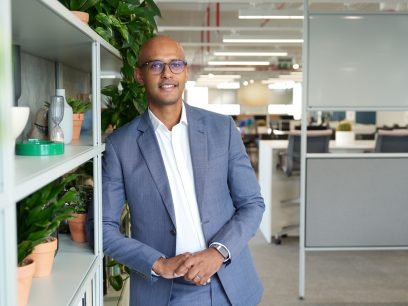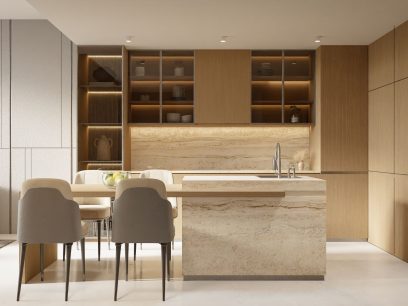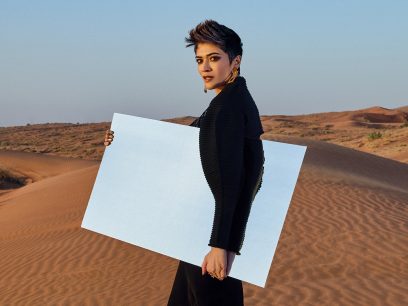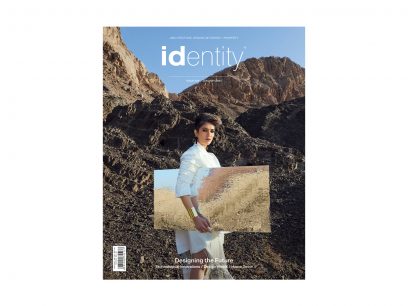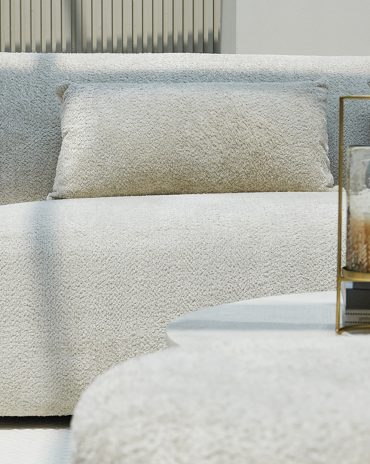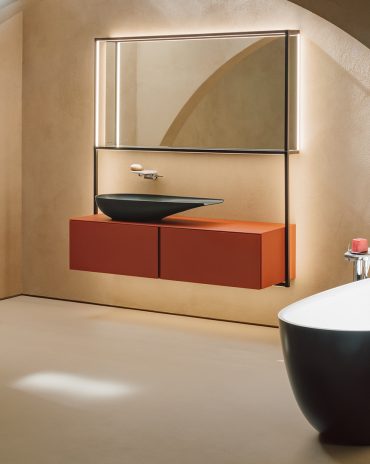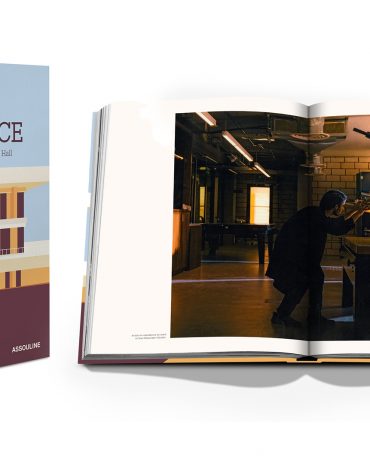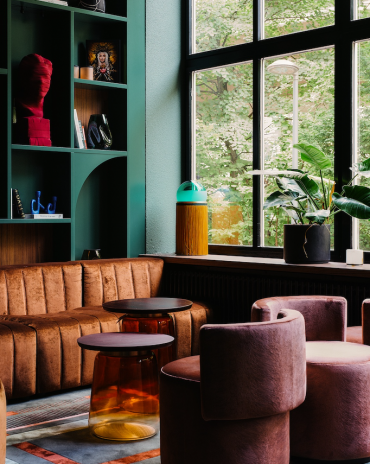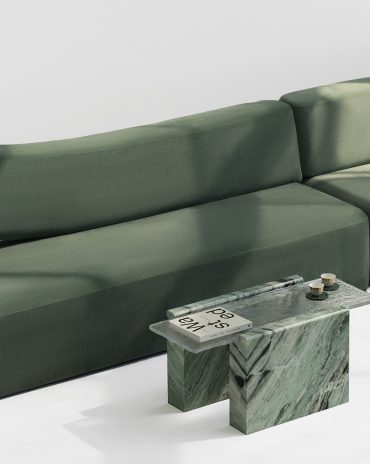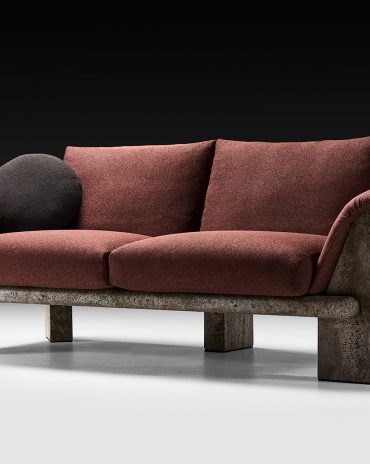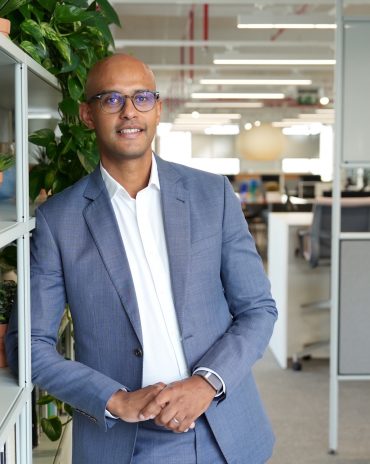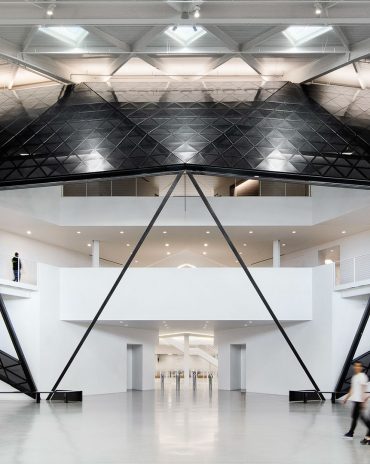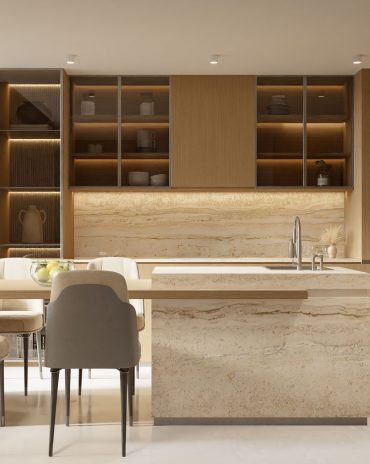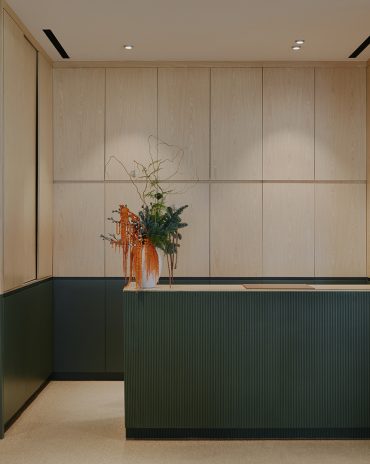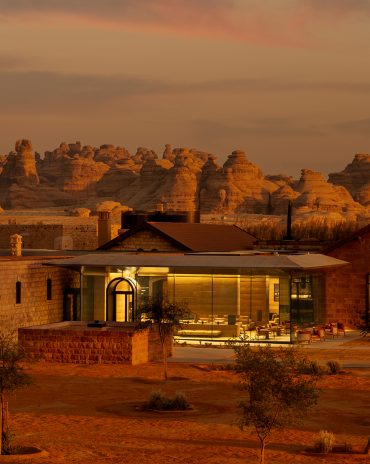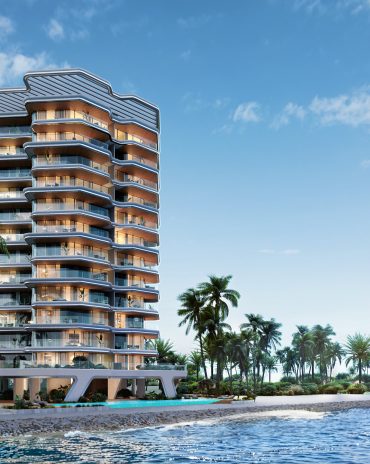Copyright © 2025 Motivate Media Group. All rights reserved.
WAYOUT’s minimally designed showroom aims to educate residents about the importance of water security
Their innovative water system converts any type of source water into drinking water
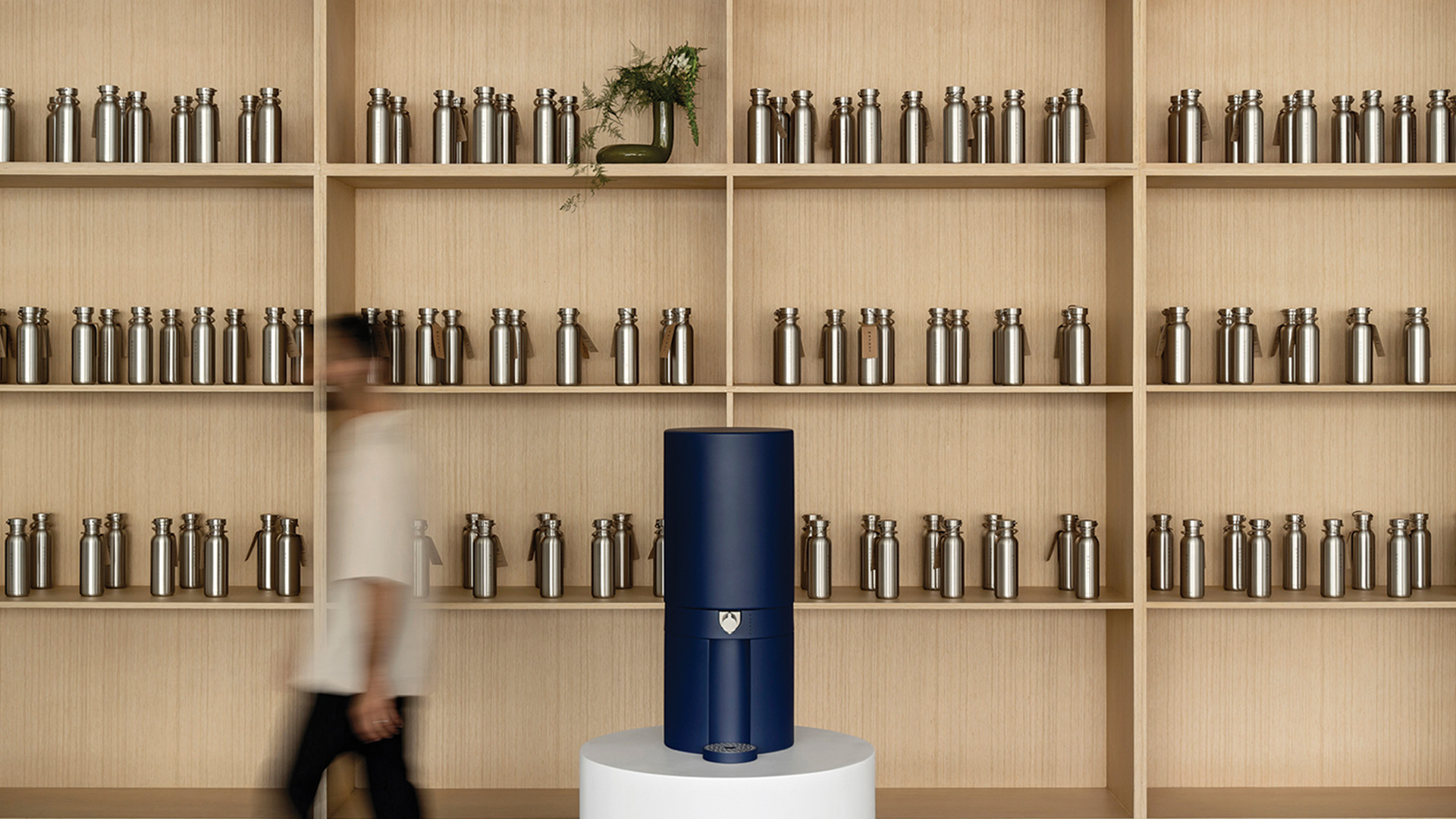
In recent years, the UAE has demonstrated substantial growth in its economy, population and development across a wide variety of sectors – from education to infrastructure and urban development – and yet it faces impending challenges when it comes to water resources and security, currently relying on desalination plants to supply 42% of its drinking water. Its ‘UAE Water Security Strategy 2036’ programme – launched in 2017 – aims to ensure safe drinking water by addressing not only long-term supply and accessibility issues, but also the water security challenges of the years ahead.
Enter WAYOUT, a Swedish water tech company that recently set up its first international outpost in Dubai’s Alserkal Avenue – with a site-specific global showroom designed by Dubai- and Stockholm-based sa|design studio, led by Shad Askari, and inspired by its sustainable technology and east-meets-west approach.
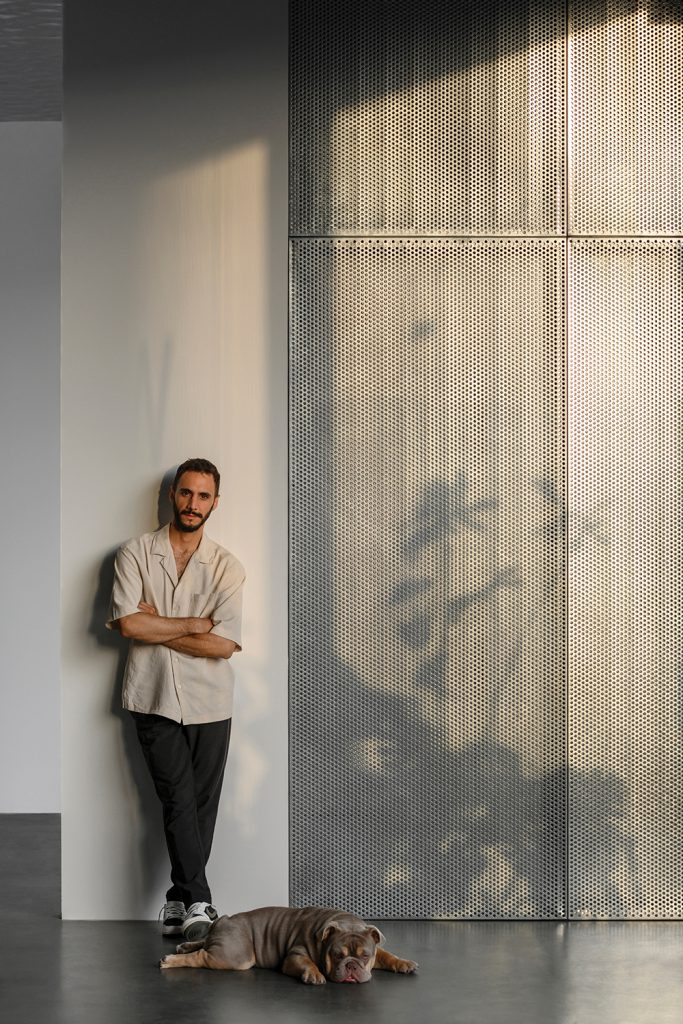
WAYOUT’s innovative water system converts any type of source water into drinking water, with a purification, distribution and dispensation system that has also been developed to reduce the use of plastic bottles and the overall carbon footprint. According to the brand, a single WAYOUT system produces up to 20,000 litres of mineral water a day – enough to provide 10,000 people with their daily drinking water – while simultaneously preventing up to 13 million plastic bottles and 1,400 tonnes of CO₂ from entering the ecosystem yearly.
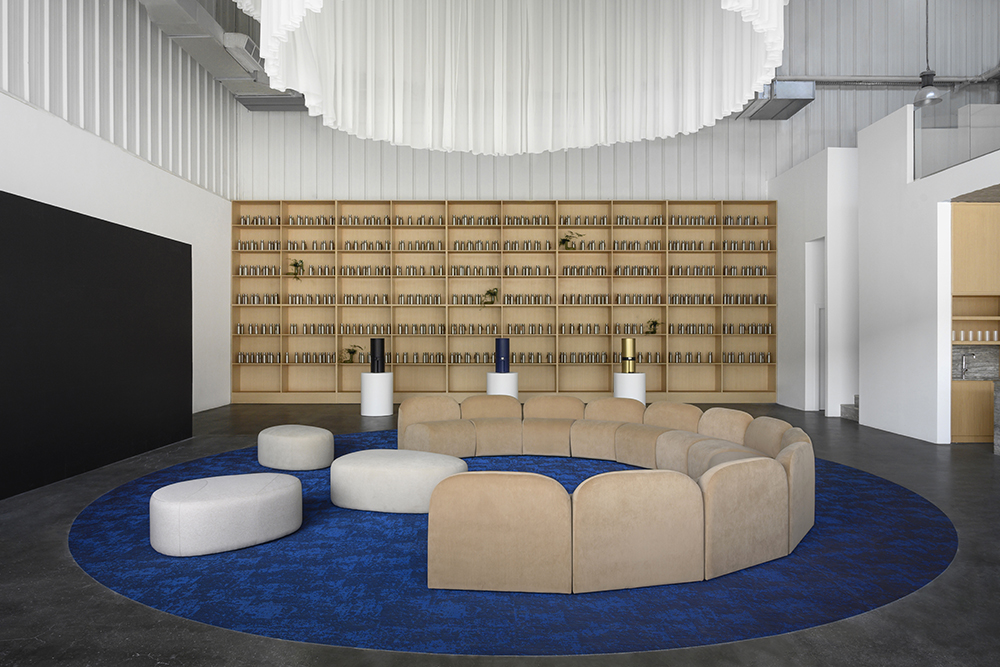
By installing digitised eco-friendly water systems in various neighbourhoods in the city (which are 100% locally sourced and include smart pods and kegs), the aim is to transform the area’s water supply by working with local water users, communities and experts to help accelerate the progress of water production in the region.
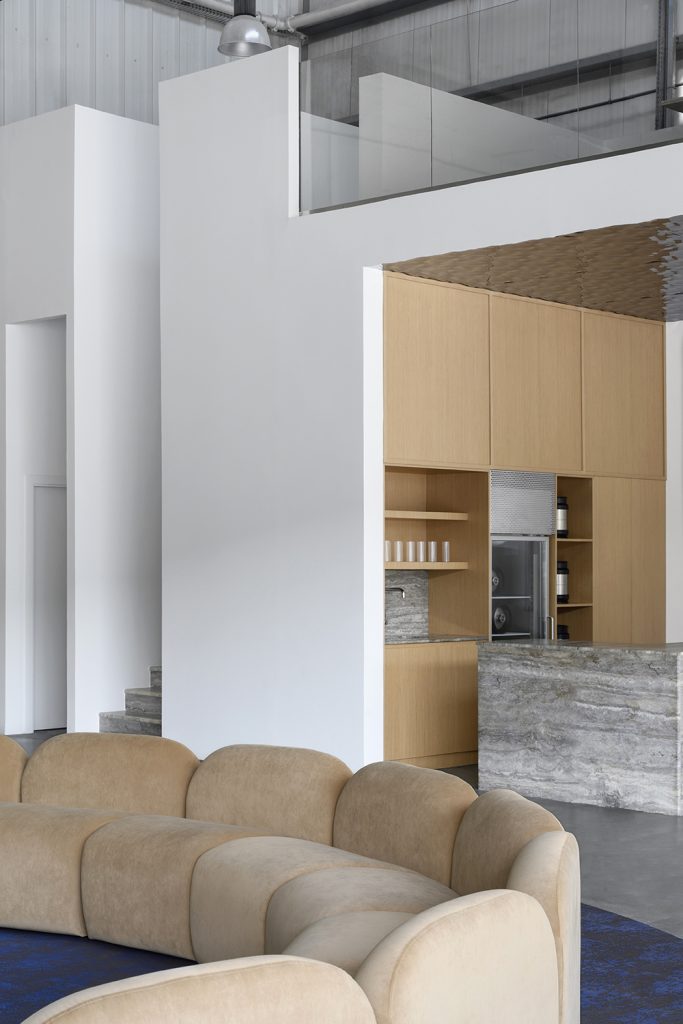
The showroom itself is set opposite the brand’s outdoor micro-factory where kegs are cleaned and refilled with drinking water, and which features a stainless steel façade that was the first point of inspiration for the interiors. The use of this material continues from the outdoors to the entrance tunnel that leads inside the showroom, creating a sense of continuity. A ripple-effect ceiling feature continues the metaphor of water inside. “Water itself is very sexy so [we decided] to implement it in the design as a [defining] element,” says Askari, who also cites the Swedish mountains and deep forests as other points of inspiration, in addition to the brand’s sustainability values. Many of the items in the minimally designed and furnished space are custom-made, including a table on the mezzanine floor (which doubles as a work and meeting space) made from recycled wooden floor tiles from Kährs by Nordic Homeworx.
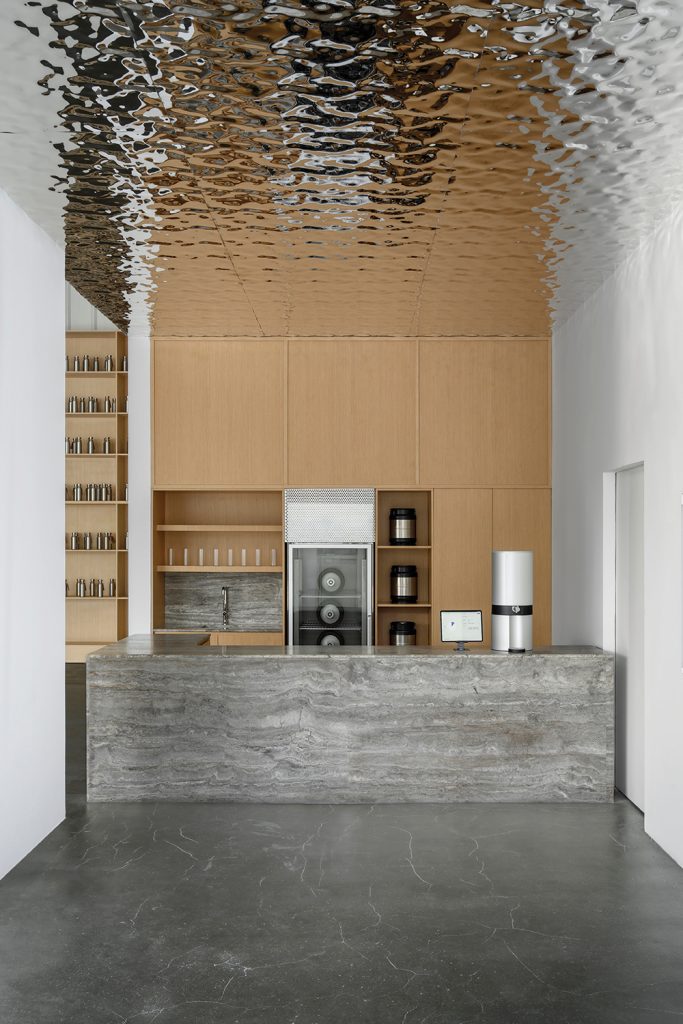
In the centre of the room is a 12-seater semi-circular sofa and pebble-like poufs set under a Bolon rug. Above, a series of lightweight fabrics hangs like an abstract curtain. Askari explains that it was designed to add to the water elements in the space, whether interpreted as a rain cloud or, more technically, a filtration system. In the centre of the room is a 3×6-metre screen that doubles as an education tool for visitors.
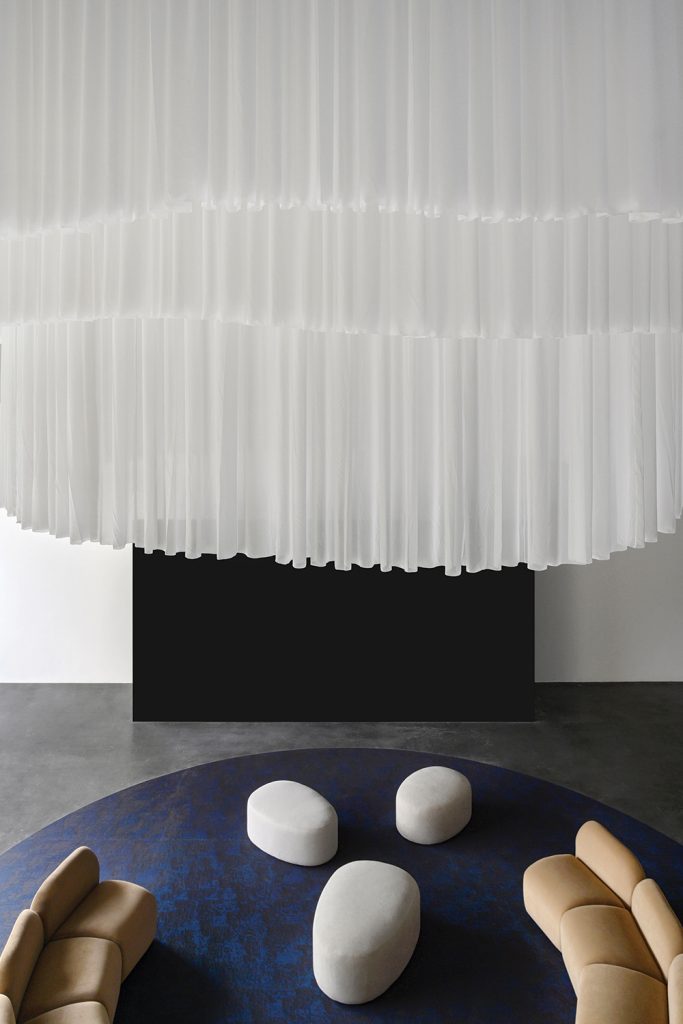
While design elements are kept to a minimum, the new space sets out to do what was intended, which is to educate more people about the importance of water.
Photography by Natelee Cocks
The Latest
Textures That Transform
Aura Living’s AW24 collection showcases the elegance of contrast and harmony
Form Meets Function
Laufen prioritises design, functionality and sustainability in its latest collections
Preserving Culture, Inspiring Creativity
Discover the Legacy of a Saudi Art Space: Prince Faisal bin Fahd Arts Hall explores the Hall’s enduring influence on the cultural fabric of Saudi Arabia
Channelling the Dada Spirit
Free-spirited and creative, The Home Hotel in Zurich injects a sense of whimsy into a former paper factory
id Most Wanted- January 2025
Falaj Collection by Aljoud Lootah Design
Things to Covet in January
identity selects warm-toned furniture pieces and objets that align with Pantone’s colour of the year
Shaping the Future of Workspaces by MillerKnoll
Stacy Stewart, Regional Director Middle East & Africa of MillerKnoll discusses the future and evolution of design in workspaces with identity.
Shaping Urban Transformation
Gensler’s Design Forecast Report 2025 identifies the top global design trends that will impact the real estate and built environment this year
Unveiling Attainable Luxury
Kamdar Developments has launched 105 Residences, a new high-end development in Jumeirah Village Circle.
The Muse
Located in the heart of Jumeirah Garden City, formerly known as ‘New Satwa’, The Muse adds to the urban fabric of the area
Cultural Immersion Meets Refined Luxury
The Chedi Hegra opens its doors in AlUla’s UNESCO World Heritage Site
Redefining Coastal Luxury
Sunshine Bay on Al Marjan island combines seaside views, exceptional design, and world-class amenities to create a unique waterfront haven

